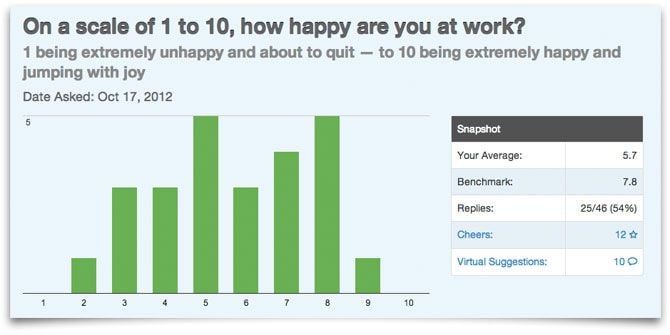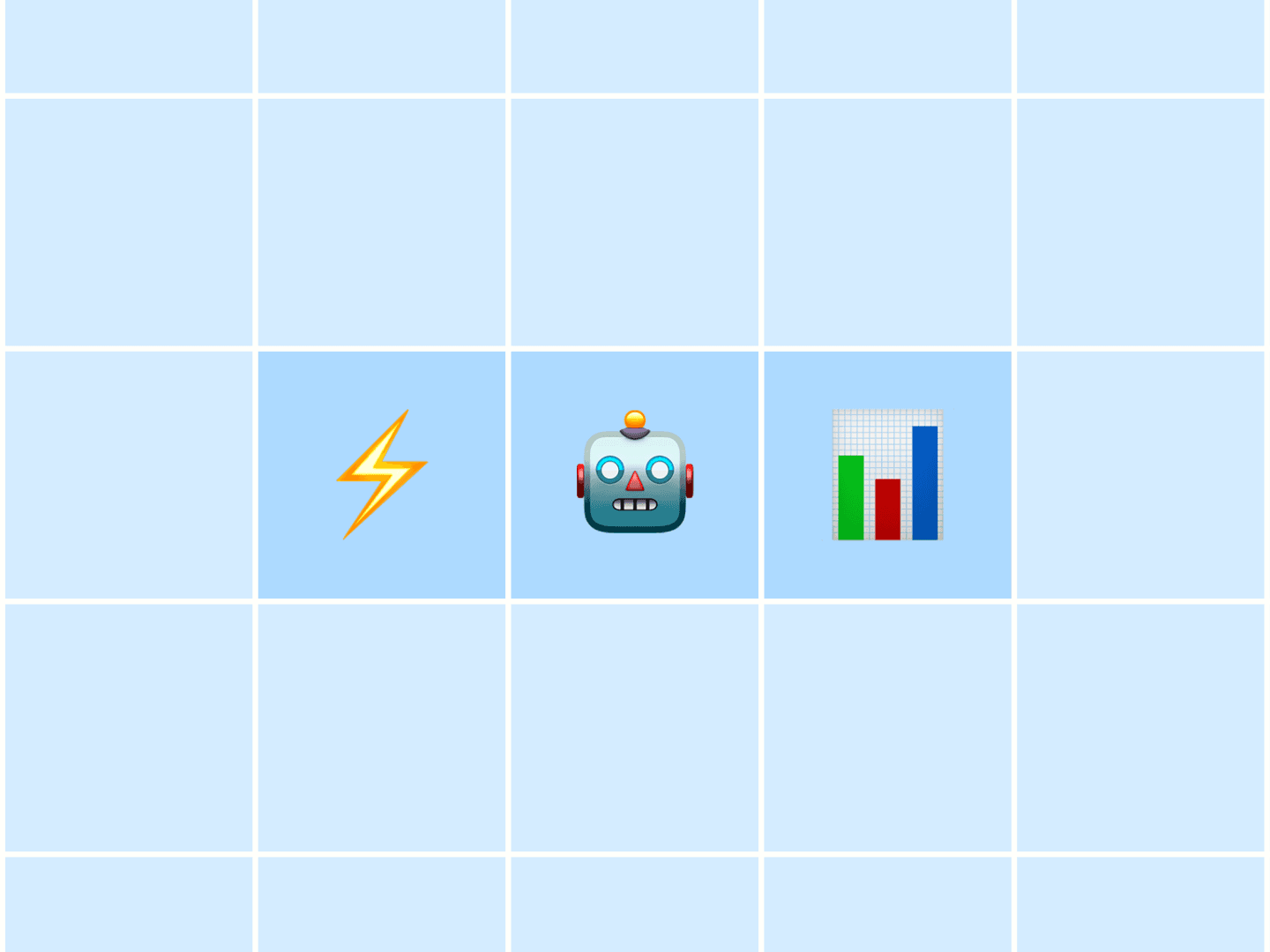If you look at our culture deck on Slideshare, you’ll quickly find that our first and likely most pronounced value is “Always choose positivity and happiness.”
We have this as a very central theme in the way we work, live and how we hire here at Buffer. It’s one of the things that gives me the most fulfillment of working towards. It’s also one of the hardest and most aspirational values to live up to. At the very core, I believe it stems from the idea that happiness is a skill:
“Achieving durable happiness as a way of being is a skill. It requires sustained effort in training the mind and developing a set of human qualities, such as inner peace, mindfulness and altruistic love.” – Matthieu Ricard
I really like this quote. It makes me happy, because it means you can work on happiness, you can get better at it through effort. As a general person thriving to improve himself or herself, that’s very comforting.
Addressing an elephant in the room
At times, here at Buffer, I feel that our value of happiness can become an elephant in the room. Since we’re focused on seeing the silver lining in most all things we discuss or experience, it’s very encouraged to do so and to avoid negative remarks.
And yet, on our journey to becoming happier, there are inevitably times where we’re not 100% happy. What I found is that for me personally, I sometimes force myself to put on a smile regardless, to just think about the good things and keep pushing through.
That’s not ideal, as I leave the negative emotion completely unaddressed and unsolved. It’s like I’m pushing it away.
At the same time, putting negative feelings out there for everyone to be influenced by also doesn’t seem to be a great way to go about it.
Since multiple team members have asked me about how to best solve this conundrum, I thought it might be worthwhile to just talk about it and explore some ideas that have helped me.
Techniques to take care of unhappy days
Awareness and appreciation for negative feelings and emotions
One of my favorite authors is Thich Nhat Hanh and I’ve greatly enjoyed reading a lot of his books. He has an incredible approach to negative feelings such as anger or sadness:
“We should never let the energy of anger go on swelling up all by itself, unattended; we need to call up our energy of mindfulness to come and take care of it. Mindfulness is like a mother who comes to embrace her suffering, crying baby. Our anger is just like a crying baby. When the mother picks up the distraught baby and tenderly holds him in her arms, the child starts to feel better already. When anger is embraced by mindfulness, it too begins to calm down.”
Comparing anger or sadness to a crying baby is an incredibly powerful metaphor. Thich also describes what we all know, which is that a mother would never just push her crying baby away. Taking that same approach with our negative emotions and embracing them tenderly is a fantastic first step.
Simply acknowledging the emotion of “I’m feeling sad right now” or “I’m feeling a bit unhappy right now” and allowing yourself to experience that emotion and be OK with it is sometimes all that’s needed for it to be taken care of.
A great way to make sure we’re acknowledging the emotion is to simply take a few deep breaths, or to meditate for a few minutes on the situation.
As we all know, doing this by yourself can be very difficult, and opening up to someone else about it can work wonders. Here are some ideas we try to tackle that and some where we can do better:
Creating forums
Peer-to-peer masterminds
We recently switched to a new format when it comes to 1:1 chats between team leads and team members. Instead of a team lead being paired with their team members, individual team members are paired with each other.
These new sessions are now completely peer-to-peer centered. Our idea behind that change was partially to help people really get to some deeper, personal topics that they might be able to solve with someone else on the team. It’s often slightly more difficult to mention a tough personal challenge to a team lead, compared to a peer.
These sessions should hopefully provide a great forum for people to express their full emotions about various things affecting them and hopefully being able to find solutions.
Anonymous sharing
Another possible solution we’ve only very lightly experimented with is anonymous feedback and sharing of emotions. So far, this has been great to get a lot of people to open up and participate in a conversation. We’ve only done this once so far with an anonymous Wufoo survey that people could fill out to voice their opinion.
I’ve heard some great things about TinyPulse from Rand Fishkin or 15Five to help accomplish something similar.

I believe an anonymous forum can be a very powerful way to allow people to voice certain things they might have trouble articulating otherwise. I’m excited to offer this more and see if that is a way to take better care of people.
Team lead monthly chats
Since we introduced our peer-to-peer masterminds, we still also maintained our chats with team leads. Although slightly less regularly (monthly, instead of weekly or bi-weekly), I hope that these chats can also be great moments for everyone on the team to share their thoughts and challenges, openly and without holding back.
Personally, I feel that since these chats are now less frequent, it’s a bit easier to take a higher level view and get more deeply into certain topics that aren’t just about the day-to-day work we’re doing.
Over to you
These are a few approaches we’re working with and I believe simply being aware about the fact that we’re not always happy is a great start. I know this might sound obvious, but I believe this may have been a mistake we’ve made in the past and are working to turn around now.
I’d love your thoughts on how you deal with your own emotions and how you might do so on a company-wide level. Give me a shout in the comments!
Try Buffer for free
190,000+ creators, small businesses, and marketers use Buffer to grow their audiences every month.


